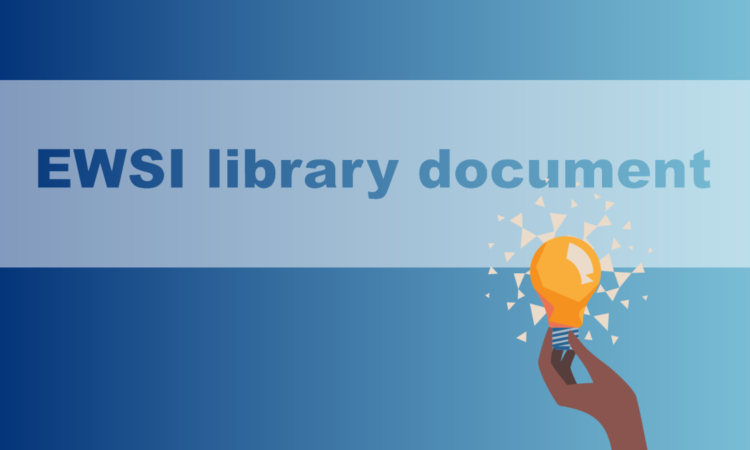
For those who live and work in a modern society such as the Portuguese, the use of banking products is a constant of everyday life, so that it would be difficult to imagine how it would be living without having a bank account or an ATM card. In the same way, for most people, it is hardly conceivable the acquisition of a private house without resort to a bank loan.
The dependence in relation to the services provided by banks (and by some other financial firms) affects all, regardless of their nationality. However, immigrants constitute a population more subject to financial exclusion than the general population. This financial exclusion arises from the social and economic position occupied by many immigrants, who are working in segments less qualified and more poorly paid than the Portuguese labour market. Associated with low wages and low skills, is also the precariousness of labour relations, which exposes the immigrants to periods of unemployment and to great economic deprivation. All of these situations contribute to a low capacity of saving and directs consumption for the satisfaction of basic needs. If we add to the economic and social situation the communication difficulties due to language and the lack of valid residence documents, we have several factors contributing to bank exclusion.
This study seeks to address the experience of immigrants in Portugal with the providers of financial services. But in this report we also aim to map the existing offer in Portugal for foreign residents, i.e. understanding the more comprehensively what type of products and services the market for financial assets puts at the disposal of immigrants; and how is that the suppliers of financial services see the immigrants: as a segment with little interest, as an opportunity for growth, as a business risk, or even as the target for a social responsibility policy?
The objective of the study was precisely to try to describe and interpret the ways in which immigrants and banks relate and interact.





